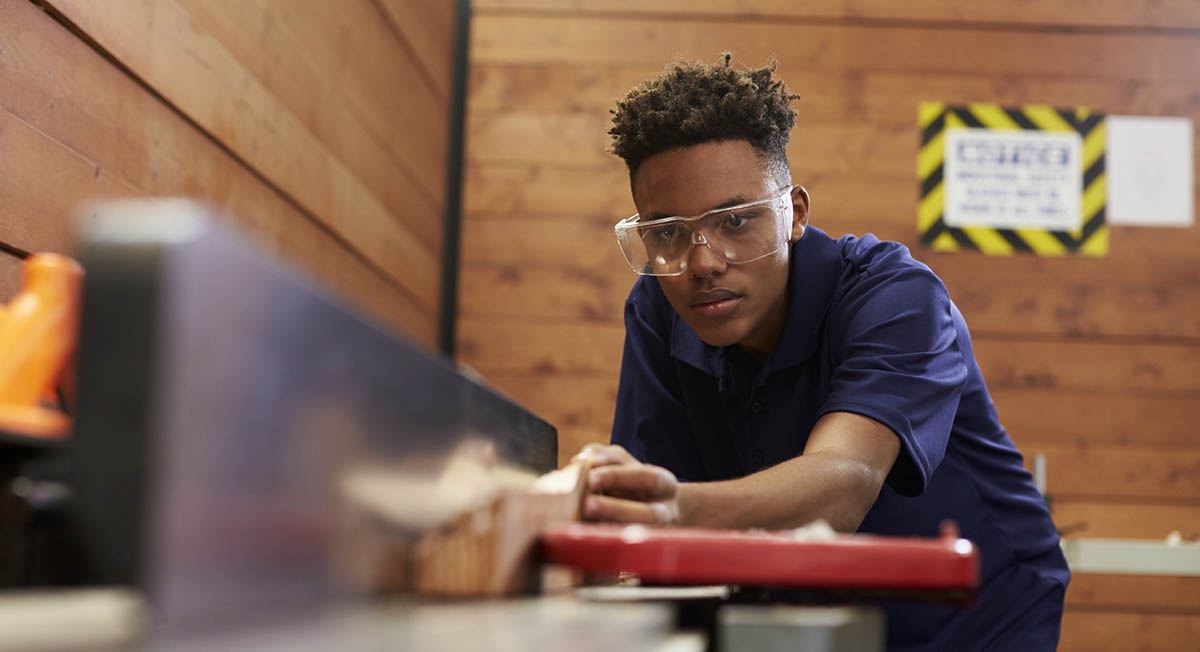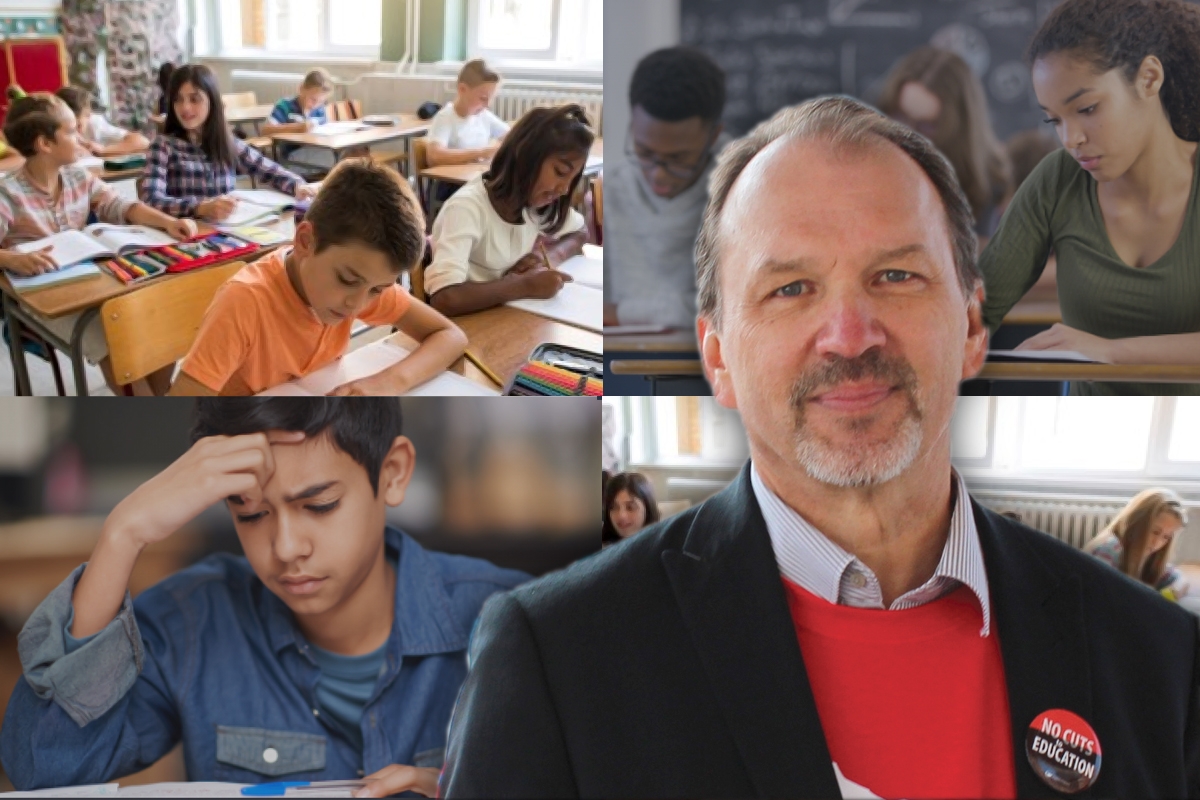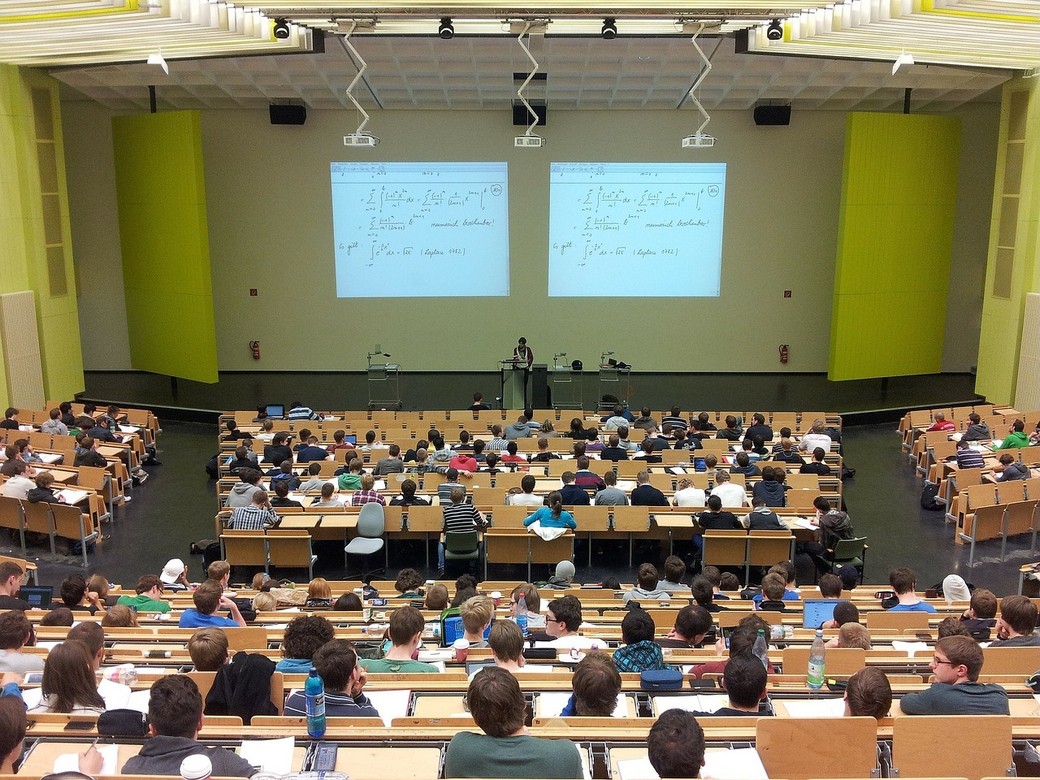
Integrative Education: The Ethical Citizen
The usefulness of a Humanities and Social Sciences education has been questioned by students, the media, and the government. The criticism is the lack of specific, job driven training. In the eyes of some, the purpose of education is to provide a graduate with an advantage with respect to the job market. We, at Saint Paul University, regard education to be more than just preparing graduates for the work force . Our approach is an integrative model to education. We consider the Humanities and Social Sciences to be crucial for personal and societal development, and to be the basis of democratic processes.
In fact, they offer the development of intellectual skills necessary for a democratic and engaged society capable of assessing ethical choices and sustainable futures. These fields emphasize critical thinking, principles of analysis, and, methods of decision making. This is not a simple “content-transfer” learning model. It requires training the mind to evaluate in depth, to weigh positions, and to propose alternatives. Issues of ethics, values and meaning are embedded into the thinking modalities. Such intellectual training allows people to reason more clearly, perceive unintended consequences, and to understand in depth the rationale for complex decisions. These intellectual skills provide a way of being, where good judgement is practiced in the everyday world.
Instead of asking what job this leads to, we could ask what kind of person develops with this educational focus. The best result is a thoughtful, careful person who uses her or his intellectual capabilities to understand what is meaningful in a difficult situation, to weigh options, and to make ethical judgements regardless of their job. This is the power and effectiveness of integrative education. The Humanities and Social Sciences educate a person to become a socially responsible, ethical and engaged citizen.
Communities are essentially built by members who are educated in more than just the specific skills of their daily occupations. To put it concretely, we need doctors who are compassionate and humane, engineers who are aware of the impact of urbanization on animal habitat and the environment, farmers who understand ecology and the impact of political systems and markets on food securities and insecurities, and, computer engineers and web designers who understand the impact of rapidly changing technology, as well as the ethics of privacy, communication, and basic rights to safety and respect. We require politicians and leaders who understand the value of transparency and accountability in policy and governance. The list could be longer. It is the Humanities and Social Sciences that allow for the development of individuals with critical thinking skills necessary to understand and evaluate a complex world, with the ability to tackle the profound challenges of the present and future. These individuals can then become the engineers, doctors, and teachers who can apply these specific skills competently, and who have the courage and awareness to make responsible and ethical decisions within their occupational domains.
 Heather Eaton is a professor and Manal Guirguis-Younger is the Dean in the Faculty of Human Sciences, Saint Paul University.
Heather Eaton is a professor and Manal Guirguis-Younger is the Dean in the Faculty of Human Sciences, Saint Paul University.









